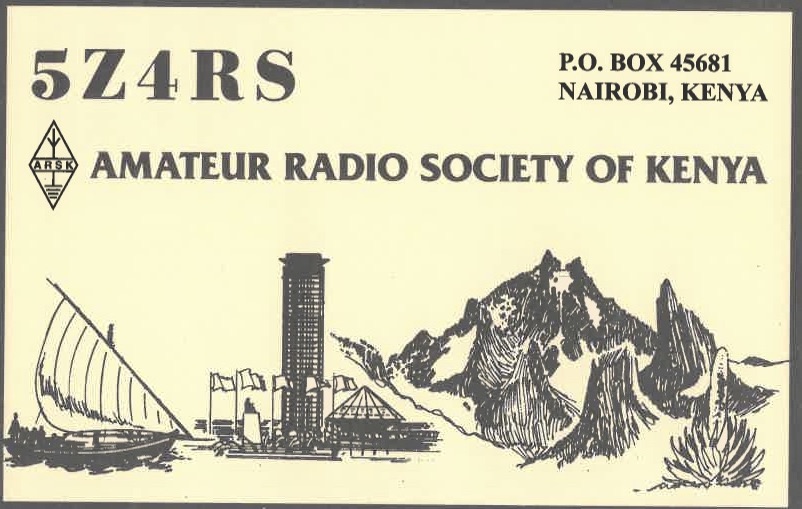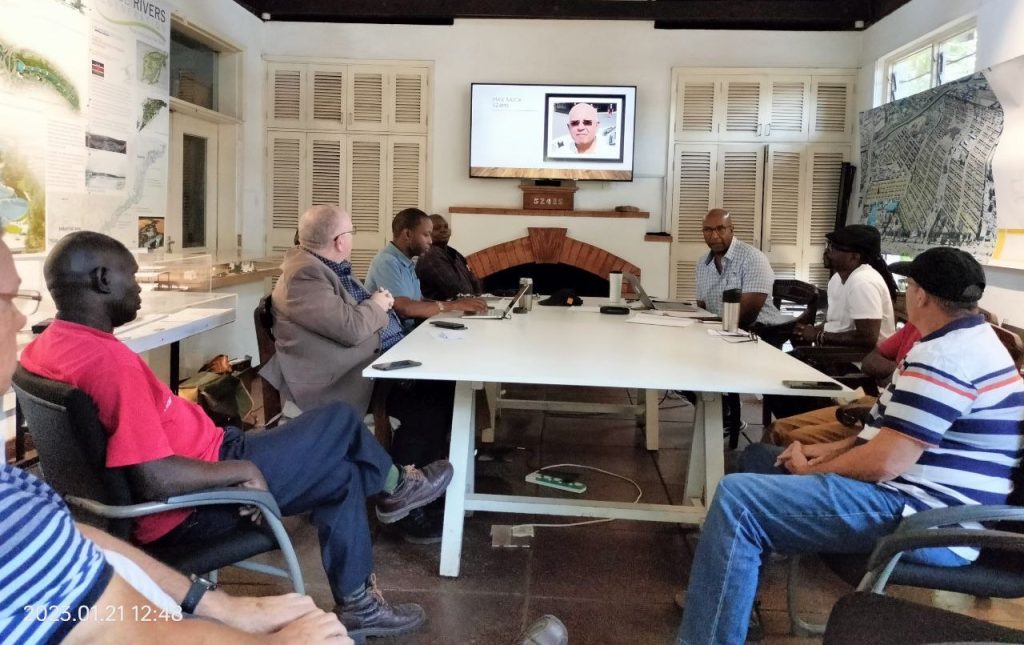Since its inception in 1933, Amateur Radio has remained alive in the region through the second world war, our struggle for independence and recognition, the formation of the East African Community and the resultant emergence of the growing economies.
Initially the Radio Society of East Africa (RSEA), in 1973 the RSEA split into the Amateur Radio Society of Kenya (ARSK later renamed Radio Society of Kenya – RSK), the Tanzania Amateur Radio Club (TARC) and the Uganda Amateur Radio Society (UARS).


Over the years the RSK has continued to serve as a vital part of communications in the nation, but over the years has been challenged by the emergence of newer communication technologies. Membership has grown and waned, and coupled with the local examination system, membership growth has somewhat been stifled.
RSK supports the IARU STARS-WG (Support The Aamateur Radio Service- working group of the International Amateur Radio Union Region 1). Under the STARS program, RSK supports affiliate radio clubs in social and welfare clubs, secondary schools and technical institutions through mentoring and training.
However, the society remained alive due to a core of passionate enthusiasts and has in recent years began an upward trend in its membership and impact within Kenya. It is the goal of the society to ensure that Amateur Radio remains alive and grows within the nation and region and most importantly encourage, mentor, and embrace young enthusiast into the fold. We have expanded our examinations to include the Harmonised Amateur Radio Examination Certificate (HAREC) and American Radio Relay League (ARRL) as options for our members, and this has proved to be extremely helpful.
In this new decade, RSK is undertaking this mission with renewed vigor and excitement, and as it does so, will continually seek out new partners and friends to grow the hobby in the region. The increasing need for enhanced communications during emergencies and large events such as automobile races (motorcycle and cars), sporting events (marathons), concerts, graduations, and other activities will help create impact and provide an opportunity to popularise Amateur Radio.
RSK will therefore seek and explore emerging and new technologies that contribute to this, including the new affordable and accessible technology from the different nations of the world.
RSK exists to Foster and develop amateur radio in Kenya and East Africa, with membership open to all those interested in amateur radio.
We meet monthly both online and in-person (as the situation allows) at pre-determined locations.